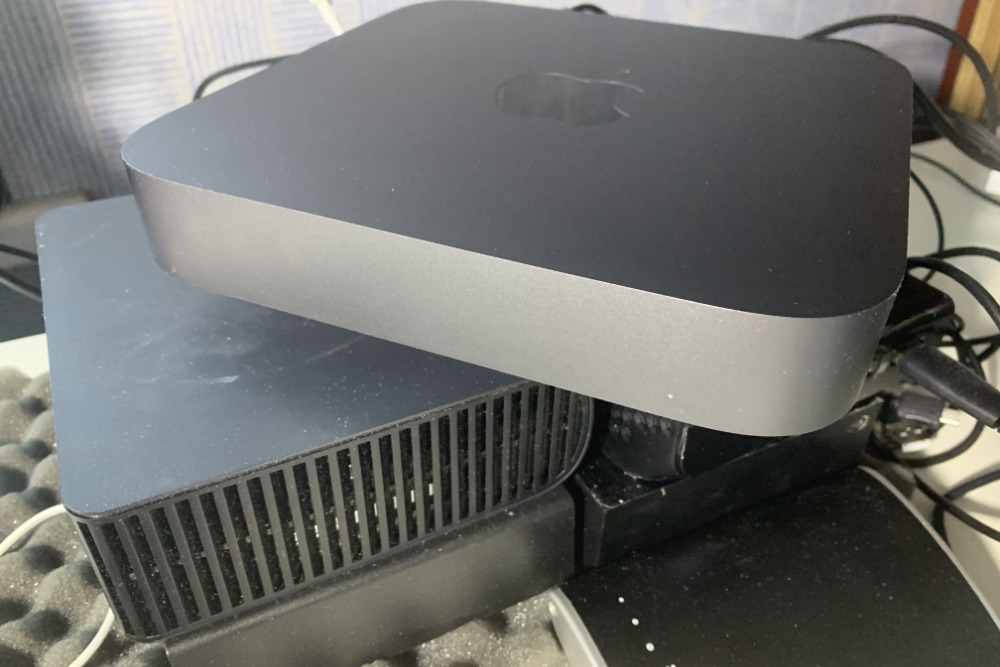
You have to choose between two kinds of drives-HDDs and SSDs-as well as the interface (USB or Thunderbolt). Heat can slow down or cause problems for a hard drive, so make sure it’s not blocked.Buying a hard drive can seem harder than it should be, though. Make sure your external hard drive has space around it so it can properly ventilate. This will undoubtedly extend the overall life. If possible, look to keep them in a traveling pouch or case for greater protection.

It can also put unnecessary stress on your computer and the hard drive itself.Įven though many external hard drives are built for portability, you’ll still want to take extra care of them so they last. Disconnecting your HDD while it’s transferring or updating can cause files to become damaged or even lost forever. TipsĪvoid unplugging your hard drive before unmounting it from your computer. $200+įor those who want hefty amounts of storage - 10TB or more - you’ll need to invest $200 or more. As you get closer to 8TB of storage, you’ll be looking at spending $150 or more. You won’t be able to find many quality HDDs that hold 4TB of space for under $100. If you’re looking for anywhere between 2TB and 3TB of storage space, you’ll be spending within this price range. In this range, you’ll find quality external drives that hold 500GB to 1TB of storage for Mac computers. Overall storage space will typically play the main role in the final price you’ll pay for an external hard drive. Their max transfer speed is about double that of USB-C at 40 Gb/s. Their strength is in their speed and power as well as their ability to chain more than one device to a single computer. Thunderbolt connections are the latest in data and power transfer, and they are popular amongst Mac devices. The max transfer speed provided by USB is 20 Gb/s. New hard drives will come with the proper connection cords to ensure compatibility. This is a newer form of USB connection that delivers more power and slightly faster speeds for Mac users. Most (but not all) Mac computers will have at least one USB port that supports external memory. USB is very compatible with Mac machines, especially those with older versions. This is a common connection type for many external hard drives.
#External hdd for mac mini portable
These drives tend to pack a slightly larger punch than smaller, more portable HDDs. They tend to be bigger in size and don’t have as much protection against drops. Some external hard drives are meant to stay relatively stationary. The best external hard drives should be able to withstand an occasional drop or two. They’re made to easily slip in and out of a laptop case or bookbag, taking up very little space. They’re lighter, thinner, and will likely have extra protection for the casing. Portable hard drives are designed for travel. This is also how much space you’d need for about 120 HD videos.Ĭommon storage sizes for external HDDs include: Typically, 1TB is enough for 250,000 MP3s or 200,000 digital photos. In terms of storage space, 1,024GB is equal to 1TB (terabyte). There are obvious benefits to getting power directly from your computer, but hard drives that are larger and more powerful may need an independent power source to optimize efficiency. Your HDD will need to power itself by either an AC power cord or through its data cable that plugs into your computer. External HDDs that are not specific to Macs may also work, but you’ll need to reformat them first, which could take some time.Įven though Mac computers are capable of reading hard drives that are formatted for Windows, if you intend on using your external HDD as a bootable disk or want to use it to backup files with your Mac’s Time Machine, you must format it to be entirely Mac compatible. This is because when you initially connect an external HDD made for Mac (to a Mac computer), you won’t be required to format it before you begin transferring files. Key considerations Formattingįor Mac users, buying an external HDD already formatted for your system makes getting started much easier. There are varying levels of storage capacity in an external hard drive, and the overall size of the HDD depends on the model. Others will need to be plugged into the wall.

Some external hard drives get power directly from the computer connection. Flash drives are external drives, but they aren’t as fast, and they don’t usually store as much space as their larger external hard drive relatives. flash drivesĮxternal hard drives are basically hard drives (HDD) or solid state drives (SSD) that are wrapped in their own protective casing and connect to your computer from the outside as opposed to the inside. There are hard drives that may hold volumes like 3TB, 6TB, and 10TB, but they are much less common than the standard hard drives that hold: 1TB, 2TB, 4TB, 8TB, and 18TB.


 0 kommentar(er)
0 kommentar(er)
